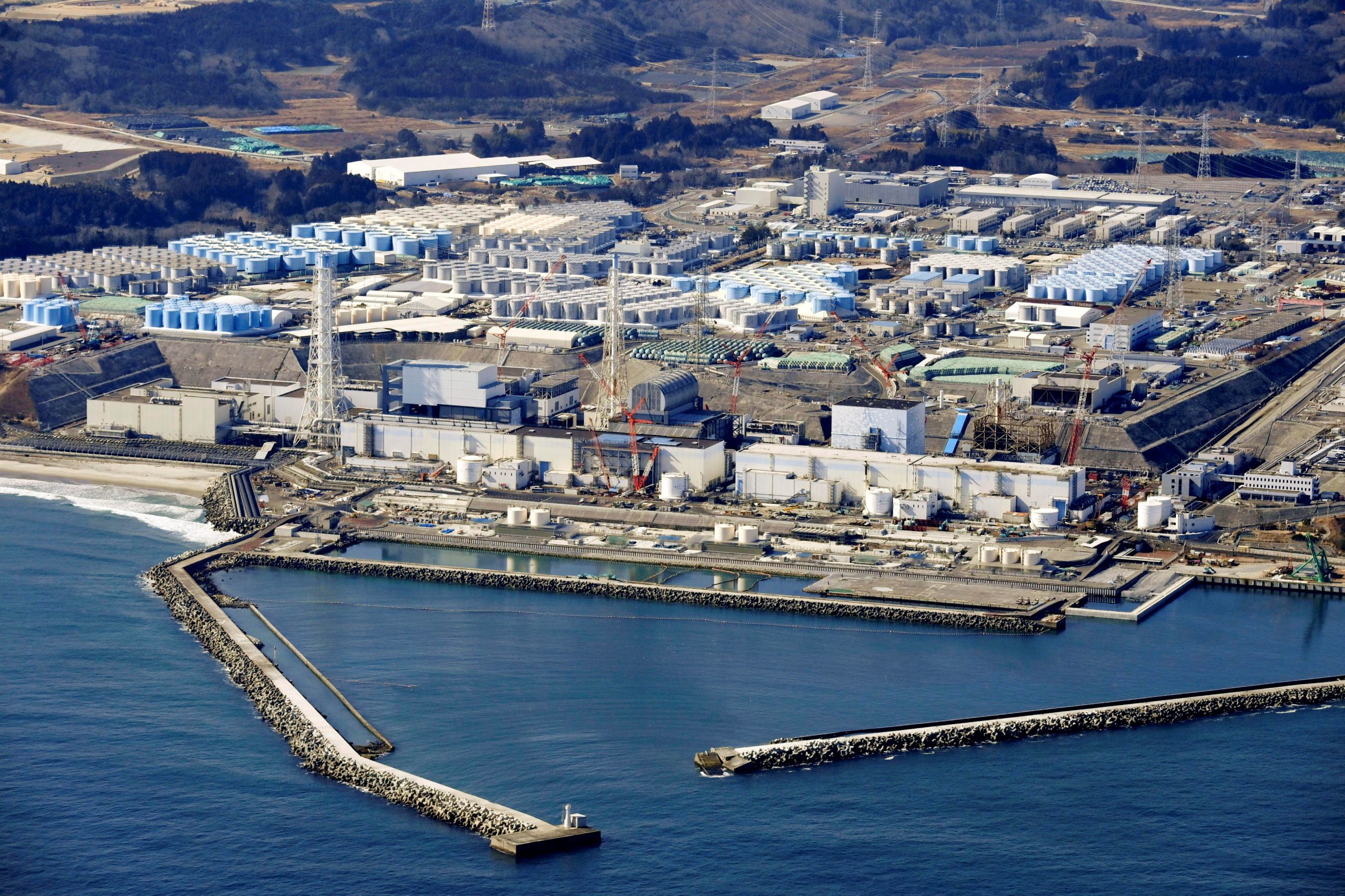Amid the uproar against discharge of treated waste water from the Fukushima nuclear plant into the Pacific Ocean, Japanese Foreign Minister Yoshimasa Hayashi on Friday (August 25), said that Japan would continue to take all possible measures to ensure safety.
A day after Japan started releasing radioactive water from the wrecked Fukushima, Hayashi, in an online meeting with International Atomic Energy Agency (IAEA) Chief Rafael Grossi, assured that Japan will provide scientific and transparent explanations to the public and in the international community.
Earlier, in this regard, Japan’s environment minister said that the country will conduct monitoring around the water release area and publish results weekly starting on Sunday (August 27). The release is estimated to take about 30 years to complete. The plant operator Tokyo Electric Power (Tepco) said the release began at 1:03 p.m. local time (0403 GMT) on AUgust 24, and it had not identified any abnormalities.
Protest in various areas against the water discharge
On August 22, Japan had announced its plans to initiate the release of over 1 million metric tonnes of treated radioactive water from the damaged Fukushima nuclear power plant starting from August 24th. In the face of strong resistance both domestically and internationally, Japan initiated the release of the contentious wastewater. This discharge has prompted apprehension and indignation among local fishermen and neighboring nations.
Expressing dissent over the release, China voiced strong opposition and condemned Japan’s decision, calling the action ‘extremely selfish and highly irresponsible’.
A group of Fukushima residents gathered outside the local government office on Friday to continue their protest against the Japanese government’s decision to dump nuclear-contaminated water into the ocean. China, a major global seafood importer, imposed a ban on all imports of aquatic products from Japan in reaction to the discharge. This action was taken due to concerns about radioactive contamination and has intensified consumer fears. Online retailers in parts of China ran out of salt on Thursday after the discharge, setting off a buying frenzy among the consumers. While, Tokyo has in turn criticised China for spreading “scientifically unfounded claims.”
Additionally, In South Korea, there continues to be significant public apprehension. A majority of the populace is expressing concern about the safety of seafood and potential ocean pollution. Prime Minister Han Duck-soo of South Korea called upon the Japanese government to maintain a transparent and responsible approach to sharing information throughout the discharge process. He also stated that import restrictions on Fukushima fisheries and food products would persist until public anxieties were alleviated.
Notably, the Japanese government signed off on the plan two years ago and it was given a green light by the U.N. nuclear watchdog last month. The discharge is a key step in decommissioning the Fukushima Daiichi plant after it was destroyed by a tsunami in 2011.














